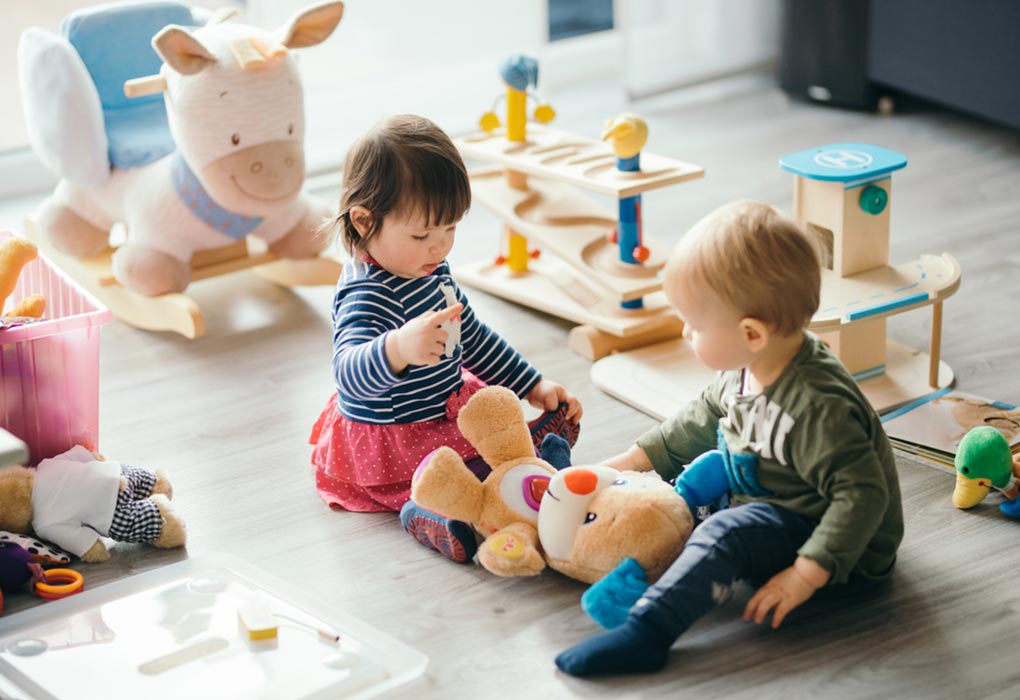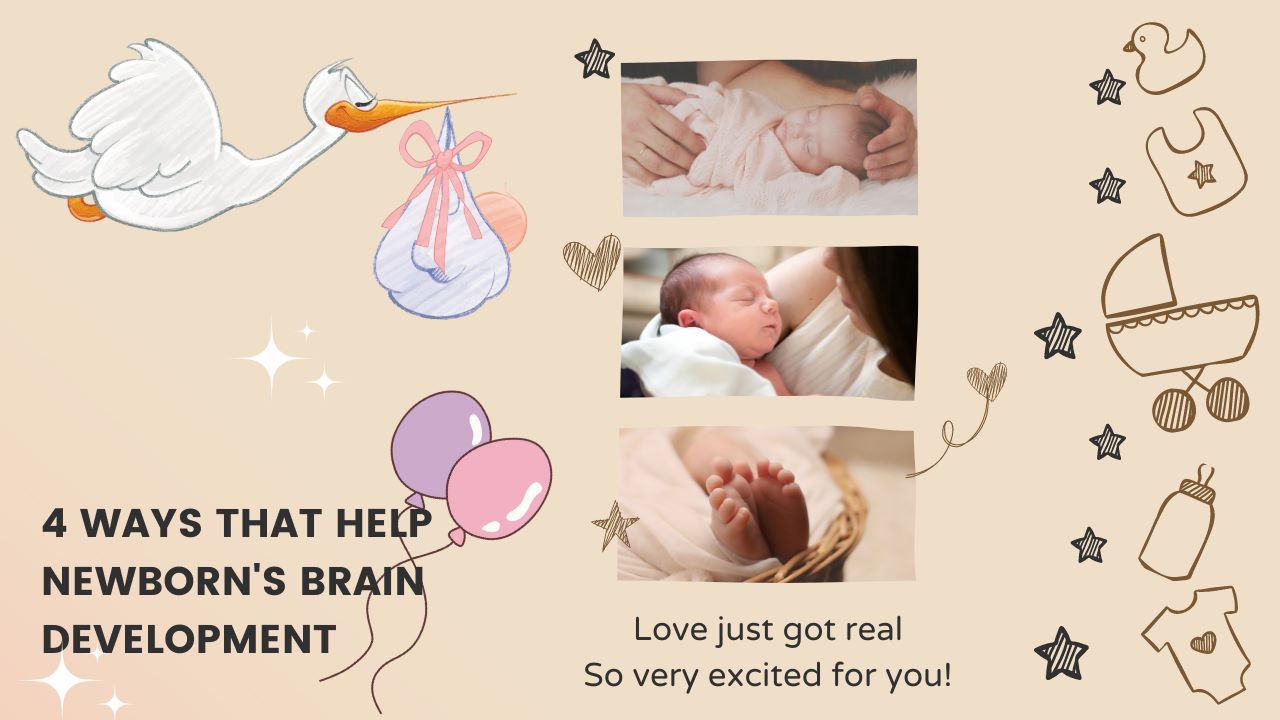Bringing a baby into the world is a remarkable experience filled with love and joy. As a new parent, safety is the most important factor. Start by securing electrical outlets and cords to prevent accidental shocks or injuries. Outlet covers and cord protectors are readily available and easy to install. It's also important to install safety gates at the top and bottom of stairs, as well as in doorways leading to potentially dangerous areas such as the kitchen or basement. By taking these simple yet effective measures, you can significantly reduce the threat of accidents and injuries.
A Baby-Proofed Home
When it comes to creating a safe environment for your baby, it's important to remove small objects and choking hazards from their reach. Babies are naturally curious and tend to put things in their mouths. Be watchful in keeping small particulars, such as coins, buttons, or small toys, out of their reach to prevent choking incidents. It is essential to securely attach heavy cabinetry, such as bookcases or dressers, to the wall in order to prevent accidents caused by tipping. Babies frequently try to pull themselves up using cabinetwork, and relaxed particulars can pose serious trouble.
Dispose of hazardous substances
Dangerous substances pose a significant threat to your baby's safety. It's important to safely store cleaning products, medications, and chemicals out of your baby's reach. Locking closets or using childproof locks can prevent curious hands from penetrating these potentially dangerous substances. Be aware of particulars that may be within your baby's reach, such as plants or potentially toxic substances. Numerous common plants can be poisonous if ingested, so it's good to keep them out of reach or look for non-toxic alternatives. By taking these preventives, you can protect your baby from accidental ingestion or exposure to dangerous substances.
Water Safety
Water safety is another critical aspect of keeping your baby safe. No way leave your baby unattended in the bath, indeed for a moment. Drowning can happen quickly and quietly, so it's essential to remain within arm's reach at all times. Always ensure an applicable water temperature before bathing your baby to prevent burns or discomfort. Use a bath thermometer or test the water with your elbow or wrist to ensure it's warm but not too hot. When your baby starts exploring water sources outside of the bath, similar to pools or natural bodies of water, it's pivotal to supervise them closely. Accidents can happen in a moment, so constant alertness is necessary.
Equipping Yourself to Handle Emergencies with Your Baby
First Aid Preparedness is vital in handling any extremities that may arise with your infant. Assemble a well-grazed first aid kit that includes essential particulars such as tapes, antiseptic results, a thermometer, and any specified specifics. Familiarise yourself with introductory first aid methods for common extremities, similar to choking or becks. Taking a first aid course specifically geared towards child care can give you the knowledge and chops to handle extremities effectively. Keep exigency contact numbers readily available, including your paediatrician, original exigency services, and bane control hotline. Quick access to help is pivotal in any emergency situation.




Leave a comment
This site is protected by hCaptcha and the hCaptcha Privacy Policy and Terms of Service apply.